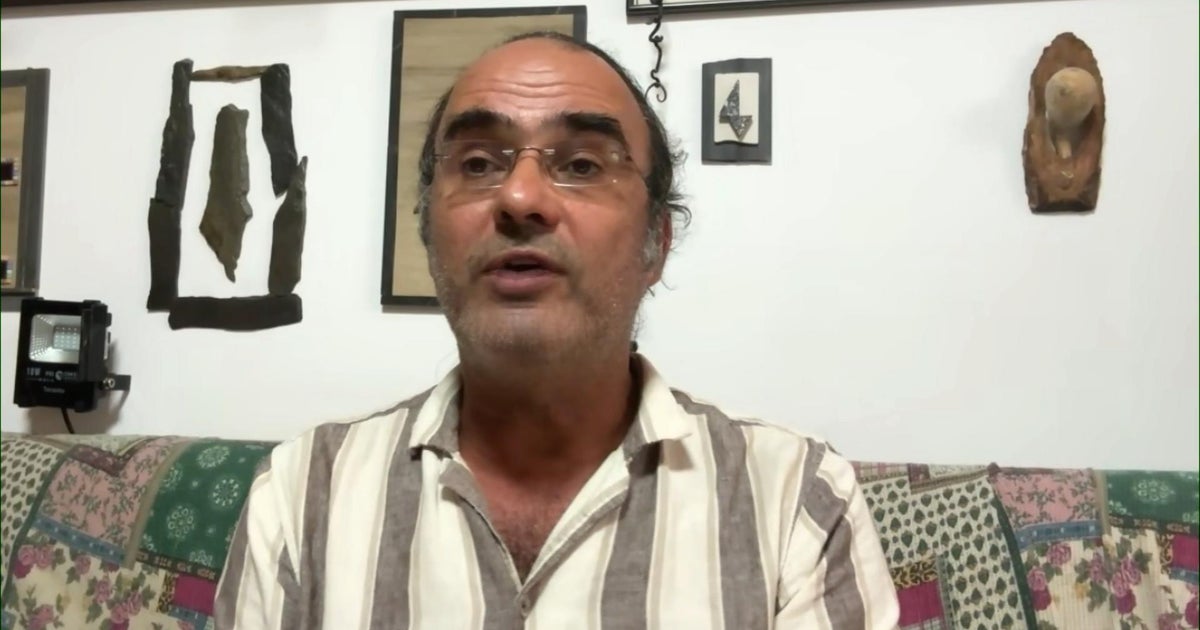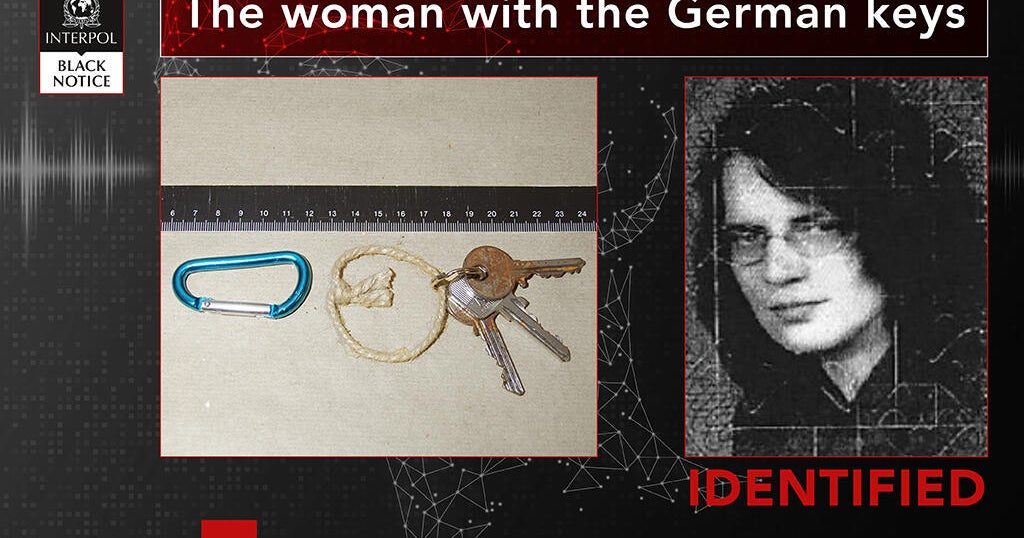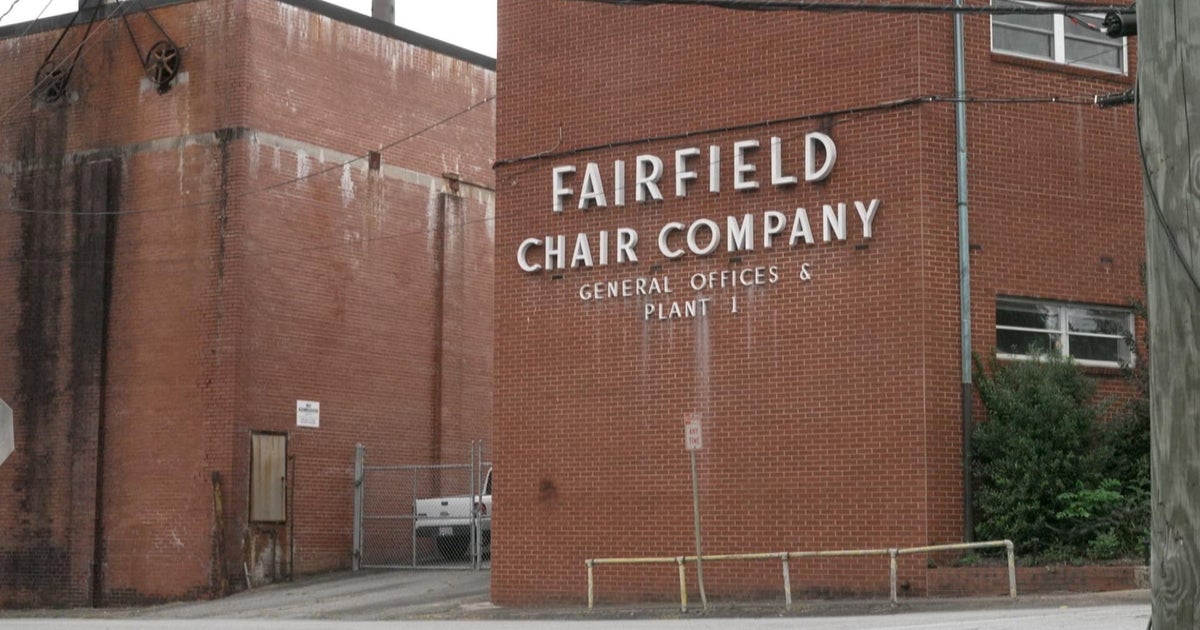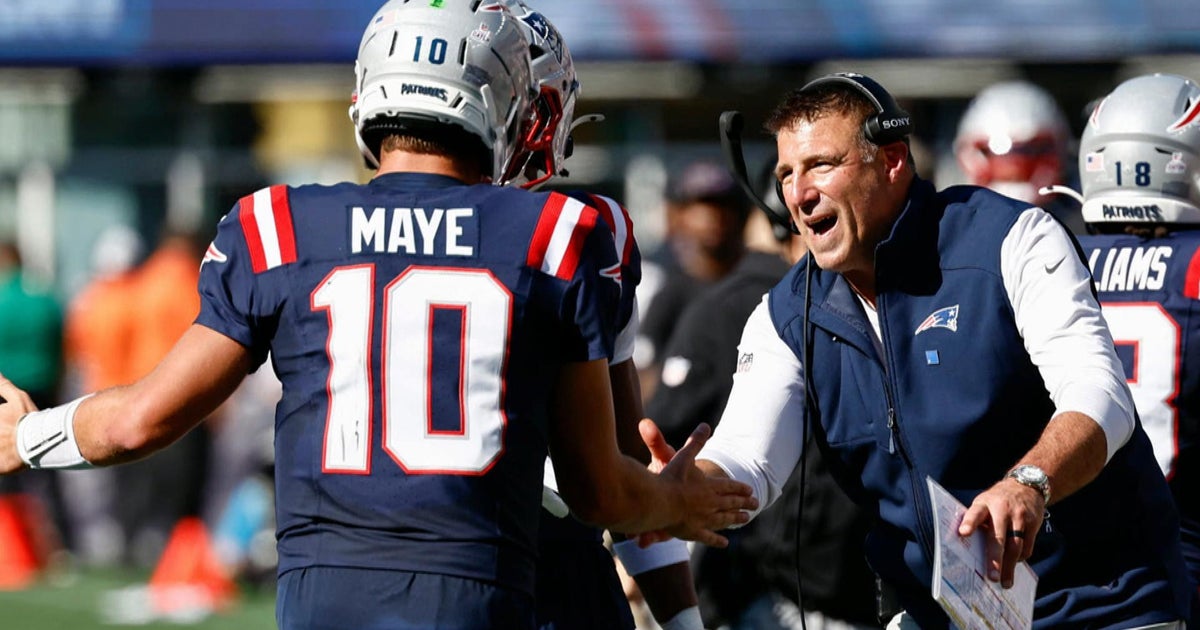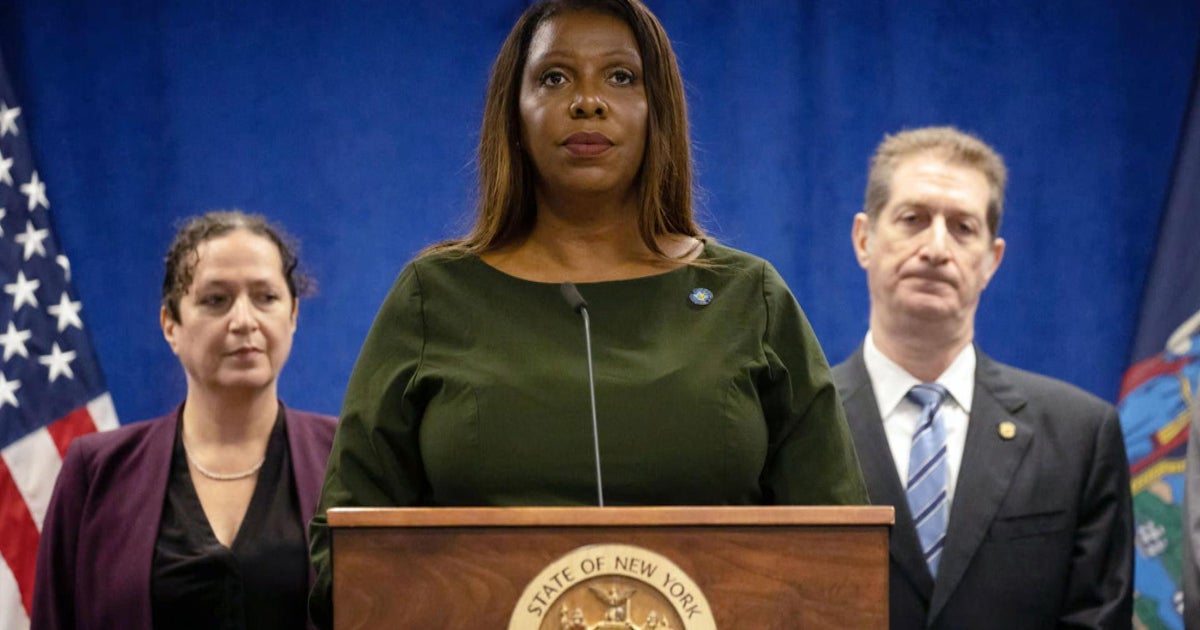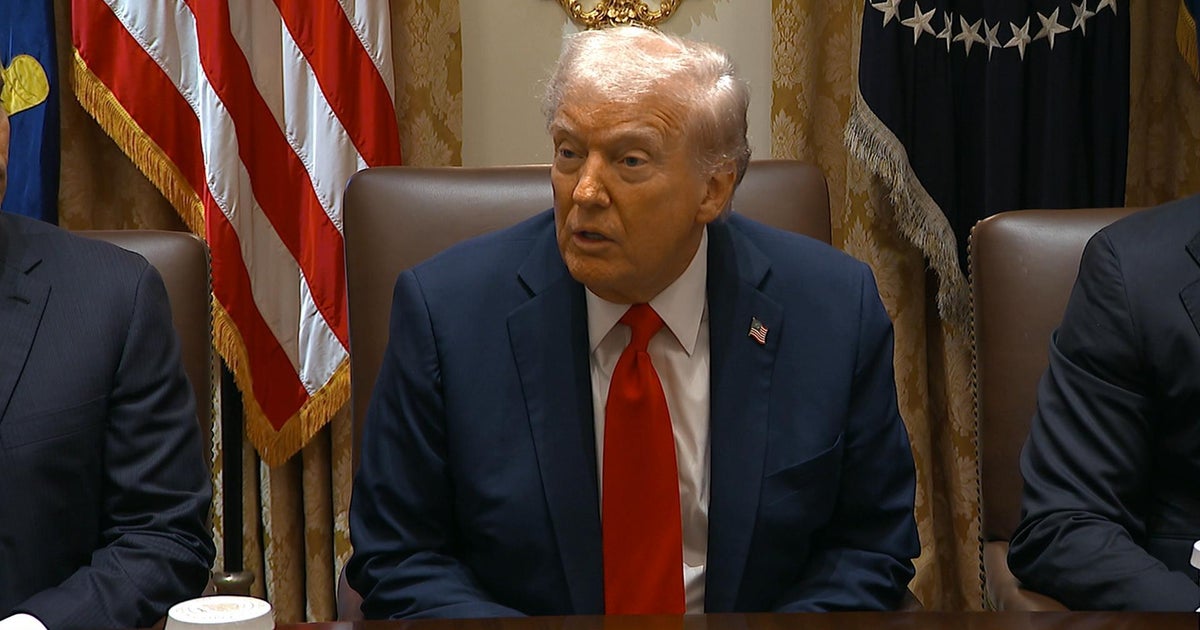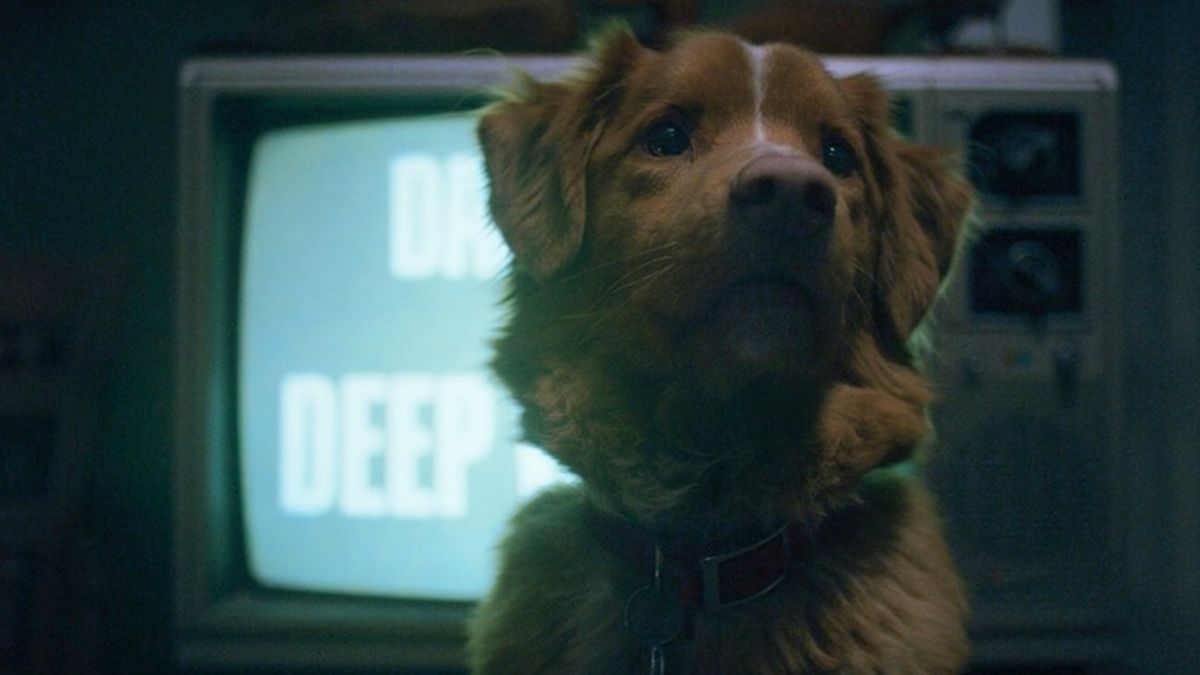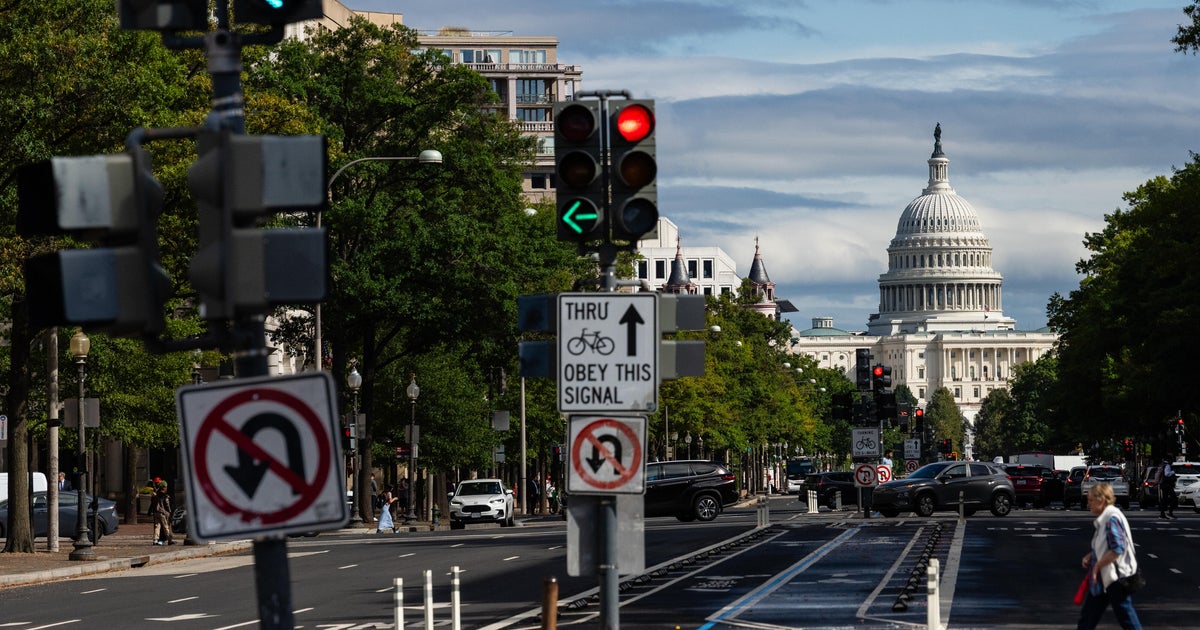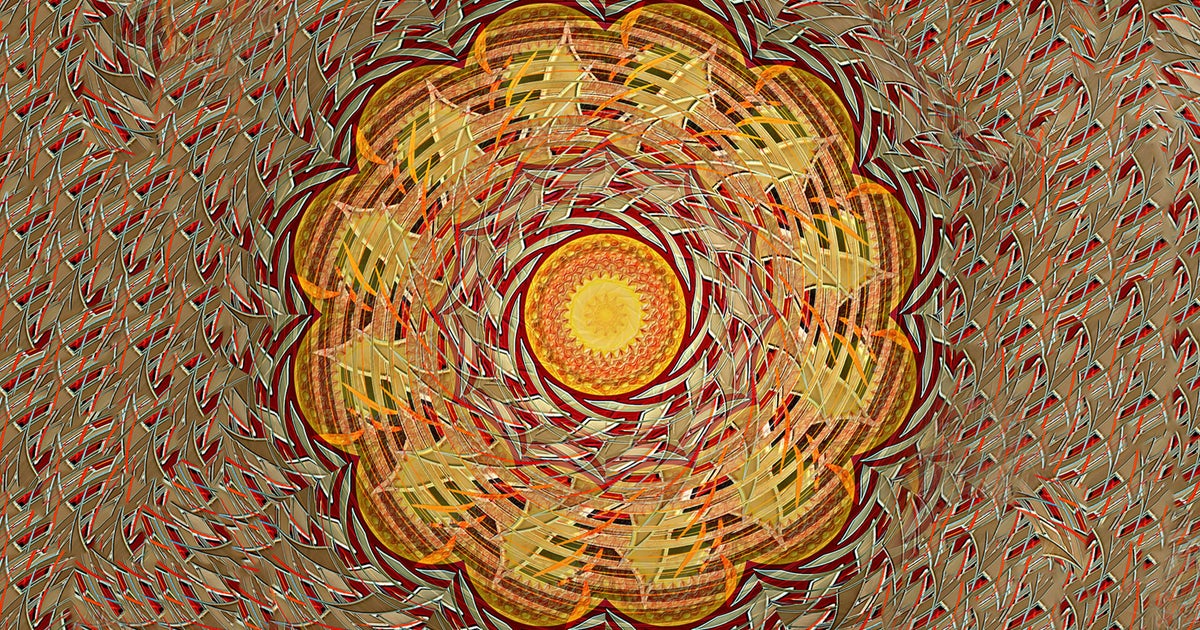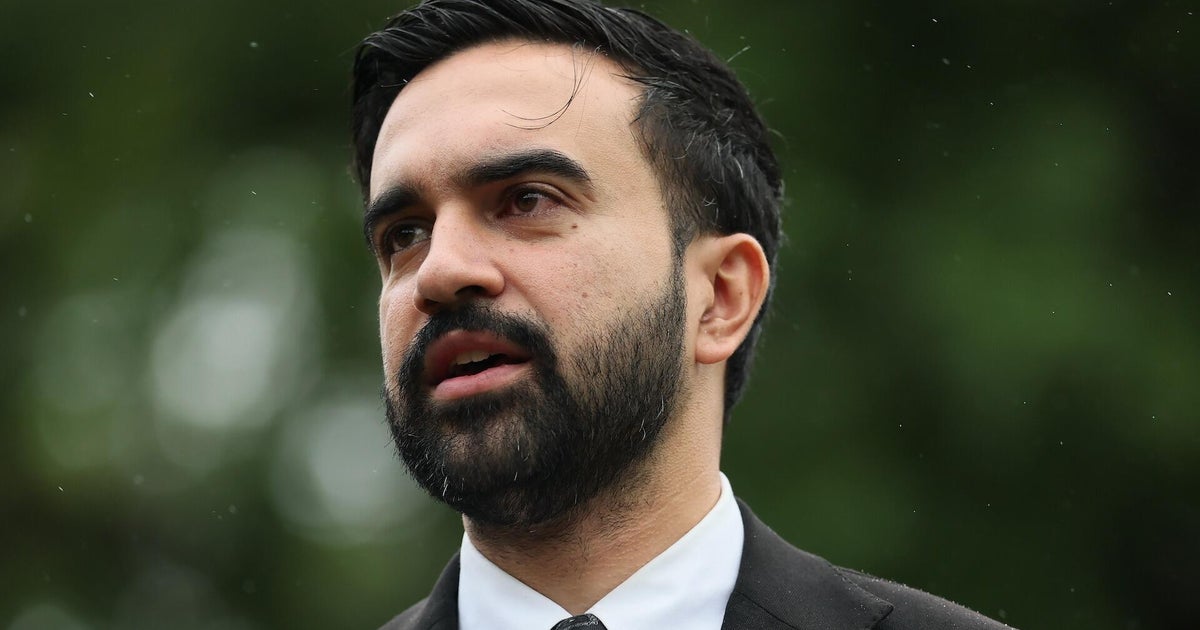THEATRE
TRUE WEST
Ensemble Theatre, September 12
Until October 11
Reviewed by JOHN SHAND
★★★★½
Simon Maiden’s Lee creates a tension thick with latent violence, a black hole of negative energy. His blank eyes stare with hate and resentment. “You go ahead, like I wasn’t even here,” he tells his brother Austin (Darcy Kent), who’s trying to write a screenplay, but Austin may as well try to imagine a world without sibling rivalry.
In Sam Shepard’s supreme 1980 play True West, Lee, the elder brother, is the daredevil, wastrel and lost soul capable of physical violence and minor criminality. He lobs in on the college-educated, mild-mannered Austin, who’s house-minding – plant-minding, primarily – for their mother while she’s in Alaska. Austin’s using her southern California bungalow as a writer’s retreat to nail down a love story that already has interest from a producer, Saul (James Lugton).

James Lugton, Simon Maiden and Darcy Kent in True West. Credit: Prudence Upton
But hard-drinking Lee has a story of his own, and he gazumps Austin by selling Saul on the idea of a modern-day western that’s one big chase sequence – a metaphor (although he doesn’t know it) for the lifelong game of chase the brothers have been playing.
I can’t imagine three consecutive nights of high-calibre theatre more disparate than the oneiric Orlando (Belvoir St), the bluegrass poignancy of Bright Star (Hayes Theatre) and then True West. If you only see one, make it this. It’s directed by Iain Sinclair, who did the Ensemble’s memorable The Caretaker three years ago, and there are overlaps between Pinter and Shepard. They both like characters who struggle to communicate, and whose frustration breeds aggression.
Shepard consummately structures his play so that when Austin joins Lee on his drinking binge (after Saul favours Lee’s movie idea), the gulf between their characters shrinks until the similarities seem to outweigh the differences. But that only masks underlying resentments.
Maiden and Kent are riveting, walking the seesaw of power imbalance between them. There’s a moment late on when Kent is on his knees, staring up at Maiden, his performance so potent you can see in his eyes the ghost of the hero-worship he once had for his brother.
Lugton’s Saul is the sunbeam of humour blazing through the storm clouds in a wide-collared paisley shirt and perfectly pressed cream trousers (courtesy of designer Simone Romaniuk). Lugton adds matching bonhomie and bravado – at least in Saul’s dealings with Austin. Lee can’t so easily be tamed by smiling promises.
Alas for the brilliant Maiden, a medical emergency forced him from the stage near the end, halting the show for 20 minutes, after which Sinclair read Lee (in costume), and commendably saw the fraternal war to its inevitable conclusion.
This includes the unexpected return of the boys’ mother, played by Vanessa Downing, who probably didn’t have to work too hard to be in a state of shock after what had happened to Maiden, and who completed a stellar cast fulfilling Shepard’s manic vision: a snapshot of an America that can tear itself apart.
MUSICAL THEATRE
BRIGHT STAR
Hayes Theatre, September 11
Until October 5
Reviewed by JOHN SHAND
★★★★
Don’t necessarily judge a musical by its soundtrack. The original Broadway cast recording of Bright Star suggested I was in for a long night. The music and lyrics, by Steve Martin and Edie Brickell, are in a bluegrass/country vein, evoking the setting in North Carolina’s Blue Ridge Mountains. The songs sounded samey, the singing ordinary, and perhaps there was a good reason why nobody had penned a bluegrass musical before.
But that didn’t allow for Steve Martin’s book, with its sharply drawn characters, wit and poignancy – as well as unabashed melodrama – melodrama having kept country ballads simmering since folks first donned cowboy boots.

Bright Star is Sport for Jove’s first musical. Credit: Robert Catto
It also didn’t allow for the Broadway album’s singing being completely outgunned in a production devised, improbably, by leading Shakespeare company, Sport for Jove. Why, I’d wondered, would Sport for Jove lower the bar to hick musical theatre? Now I understand.
Although this is the company’s first musical, music has long been key to its Shakespeare productions, and Bright Star burnishes rather than clouds its reputation. Directors Miranda Middleton and Damien Ryan and musical director Alec Steedman have assembled a 16-person ensemble, almost all of whom act, sing, dance and play. It seemed only three band members didn’t have a character to play, and only one cast member didn’t play an instrument.
That was Hannah McInerney in the pivotal role of Alice Murphy. She has two especially potent songs, Please Don’t Take Him and At Long Last, and they would test the ability of any female singer not to become shrill while squeezing out the show’s emotional marrow. McInerney was superlative – and also acted her socks off as a literary magazine editor whose newborn babe was ripped from her arms 23 years before.
The show zigzags between 1946 and 1923 with an abruptness that initially teases, but we get our heads around it, and learn to trust Martin’s storytelling and invest in his detailed characters. In an ensemble of co-leads, the expert actors included Cameron Bajraktarevic-Hayward, Kaya Byrne, Jack Green, Sean van Doornum, Katrina Retallick and Rupert Reid.
Special mentions must go to Deirdre Khoo, who maximises the minor role of Lucy most entertainingly, and Genevieve Goldman (Margo), who has an ideal voice for the material, and who, upon learning that her love interest, Billy, is being published by Alice’s magazine, performs a little dance of exquisite ecstasy.
The lively choreography by Shannon Burns dovetails with the whip-crack directing, including such joy as a door held up to be knocked on, which, upon being opened, magically becomes a dining table. Designer Isabel Hudson cunningly implied the prevailing rusticity while accommodating 16 performers on the tight stage.
Yes, the melodrama undid certain moments, and the redemptive storyline was predictable, yet all was animated by the music’s high energy under Steedman’s direction and Victoria Falconer’s onstage supervision.
MUSICAL THEATRE
HERE YOU COME AGAIN
Theatre Royal, September 13
Until October 18
Reviewed by JOYCE MORGAN
★★★
The towering blonde wigs, the eyelashes, the rhinestones. And that’s just the drag queens in the front stalls.
This fanfest was always going to draw Dolly Parton’s most flamboyant admirers.
It’s more tribute show than fully fledged musical, so don’t look for insights into Dolly or even much about the life of the fiercely talented singer/songwriter, Tennessee-born musician.

Tricia Paoluccio delivers an impeccable, sparkly Dolly.Credit: Cameron Grant
Fortunately, the star of this show delivers an impeccable, sparkly Dolly. Tricia Paoluccio captures Dolly’s clear, bright voice, southern drawl and warm-hearted spirit. Whether acting lines or singing from the extensive Parton songbook, Paoluccio channels her idol.
Threaded through this jukebox musical is a slender story about Dolly-tragic Kevin.
Set amid the COVID pandemic, the 40-year-old has moved into his parents’ attic. Kevin’s career is on the skids, and his boyfriend has dumped him. Surrounded by stockpiled toilet rolls (remember that pandemic phenomenon?), Kevin is hoofing into the booze and Cheezels.
“What would Dolly do?” he wonders. And, hey presto, she materialises – a vision in a pink frock and rhinestones. This is Dolly as fairy godmother.
She’s come to set Kevin’s world to rights, help him restore his confidence and impart some homespun wisdom.
What follows is a string of Parton numbers, her big hits – Here You Come Again, Jolene, Islands in the Stream, I Will Always Love You – and some lesser-known. These were well delivered, if not well integrated into the story.
Taking a musical icon and spinning a tale around that figure can work brilliantly, as Titanique showed with its conceit that Celine Dion was on the doomed ship. But to succeed, the writing needs to be sharp and the story fleshed out.
Here, the sections between the music sagged, especially in the first half as Kevin wallowed endlessly in his misery. As Kevin whined and Dolly retorted with more homespun wisdom than a crate of Hallmark greetings cards, by interval the repetition was deflating.
The stronger second half kicked off with Nine to Five, which literally raised the tempo. Dolly’s trademark wit was also more evident, as she poked fun at country and western songs replete with dead dogs and tragic romances.
The Queen of Country, now on the cusp of 80, gave her blessing to this musical, first staged in the US in 2022. Co-created by Paoluccio, Gabriel Barre (who also directs) and Bruce Vilanch, it’s been lightly adapted for an Australian audience by Fiona Harris and Mike McLeish, with Kevin’s attic set in Bendigo.
Dash Kruck was an overwrought Kevin but dialled back the shrillness later in the show. Vocally, he was well-paired with Paoluccio.
The seven-piece band under Andrew Worboys’ musical direction was tight as they moved around and above Paul Wills’ attic set. Several of the musicians also played minor roles.
A happy ending is as assured as a mega-mix. One for the fans, this show is as light and saccharine as candy floss.
Most Viewed in Culture
Loading

